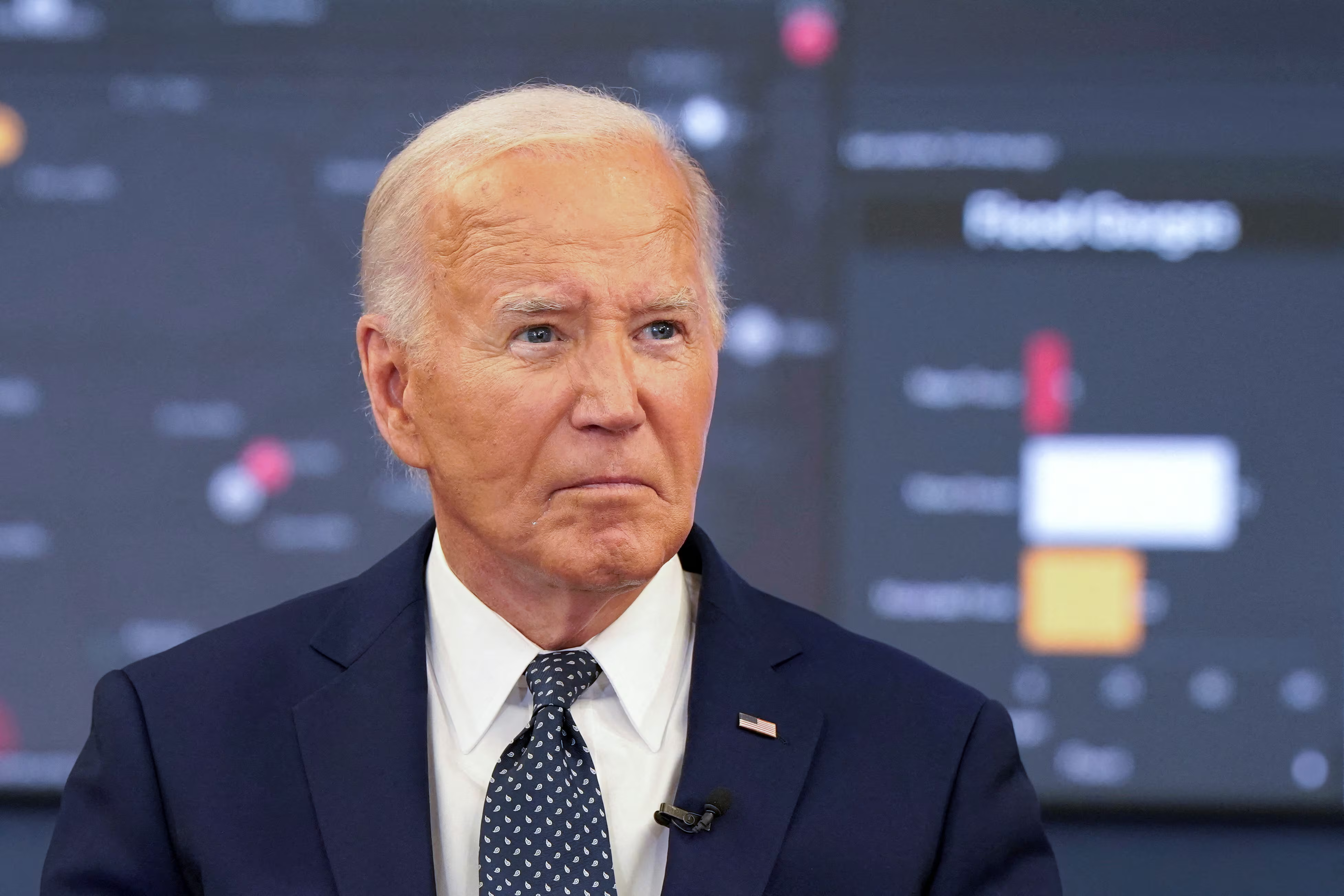By: Shraddha Gupta and Michael Illiano
BU Statehouse Program
BOSTON – The city of Revere said no to the proposal of a second slots parlor in a non-binding vote last month. Its mayor is a harsh critic. Gov. Charlie Baker and numerous state legislators are opposed. So who really wants another slots facility that ballot Question 1 seeks to establish in Massachusetts?
“I opposed the slot parlor proposal in Revere because it was a bad idea for our community. The proponents pushing this are a fly-by-night operation with no real plan on how to deliver revenue, community benefits, or jobs,” said Revere Mayor Brian Arrigo. “Their track record is questionable and they have provided no details on how to deliver on their promises.”
The ballot question’s main proponent is Eugene McCain, a Thailand-based developer who moved to Revere in the past year. He claims the proposed facility would bring jobs to Revere and revitalize the Suffolk Downs racetrack that has been largely inoperative since 2014 except for special events and simulcasting.
Track officials are also opposed to McCain’s plan.
In a local election on Oct. 18, residents rejected the question by an unofficial tally of 2,970 to 1,574, a 2-1 margin.
“Revere’s residents overwhelmingly agree that this is a bad idea. I hope residents of the commonwealth will respect Revere’s wishes and reject this proposal,” Arrigo said.
This vote was a sharp reversal from Revere’s attitude towards a 2014 proposal for a full resort-style casino near Suffolk Downs. Voters approved a plan by Mohegan Sun by a two-to-one margin. The state’s gaming commission eventually awarded the license to Wynn Resorts Casino in neighboring Everett.
“Mohegan Sun is a known quantity. Suffolk Downs was a known quantity. McCain, he’s a nice guy, but he’s an unknown quantity,” said Dan Rizzo, the former Revere mayor who fought for the Mohegan Sun proposal. “I don’t think he was ever able to connect with the community. And his proposal never resonated with the community.”
Opponents tried to get the question disqualified by saying McCain’s plan was a local matter. Although presented as a statewide issue, the referendum is written in a way that only a piece of land near Suffolk Downs would qualify for this license.
Question 1 lists five specific criteria for the proposed parlor: that it be “located on property that is (i) at least four acres in size; (ii) adjacent to and within 1,500 feet of a race track, including the track’s additional facilities, such as the track, grounds, paddocks, barns, auditorium, amphitheater, and bleachers; (iii) where a horse racing meeting may physically be held; (iv) where a horse racing meeting shall have been hosted; and (v) not separated from the race track by a highway or railway.”
Although no other qualifying sites have clearly emerged, the Supreme Judicial Court rejected opponents’ arguments on the grounds that locations near the Brockton Fairgrounds or Plainridge Park, home to the state’s existing slots parlor, also qualified.
Among the few advocates of Question 1 is David Nealley, a Bangor, Maine city councilor, who said that his city has had tremendous success with a similar project.
“The revenue stream allowed us to rehab our waterfront; connect an entertainment quarter with a brand new civic center with a gaming and hotel complex right through our downtown; enhancing economic activity all over the city, including five new hotels that were built since then and many new restaurants and retail stores,” he said during a Sept. 27 debate sponsored by The Boston Globe, WBUR, the UMass-Boston McCormack School.
Nealley also said a new slot parlor could bring in hundreds of new jobs and millions in revenue that Revere desperately needs, noting that Plainridge Park generated $88 million in tax revenues and almost 500 jobs in its first year.
But according to state revenue reports, Plainridge Park is underperforming earlier estimates. Figures released by the Massachusetts Gaming Commission show the facility brought in $13.1 million in revenue in August, about $25,000 less per day than it did in July. Compared with August 2015, revenue fell by more than $2 million, or about 14 percent.
Then there is the question of perception.
“There has been so much negative press concerning how unsuccessful Plainridge Park has been. That can’t bode well for this project,” said Paul DeBole, an assistant professor of political science at Lasell College who specializes in gambling regulation. “How successful Plainridge has actually been is up for debate. But the public perception is that it’s been a failure.”
There is also an issue of potential gambling fratricide, DeBole said. The $2 billion Wynn Resorts casino is being built in neighboring Everett. Given all the gaming competition that the state will soon have within its borders, there are questions about the success of another gambling spot.
“I don’t predict that it will pass, but it would be hard to imagine [the gaming commission] rewarding a slots parlor license six miles away from a resort casino,” said DeBole. “The consensus seems to be that the gaming market in the state is already saturated.”
If the question is approved, it would give the gaming commission authority to issue a license for a second slots parlor but does not require it to do so. The board has not taken a position on the ballot question and declined to comment on the actions it would take if the measure passes.





